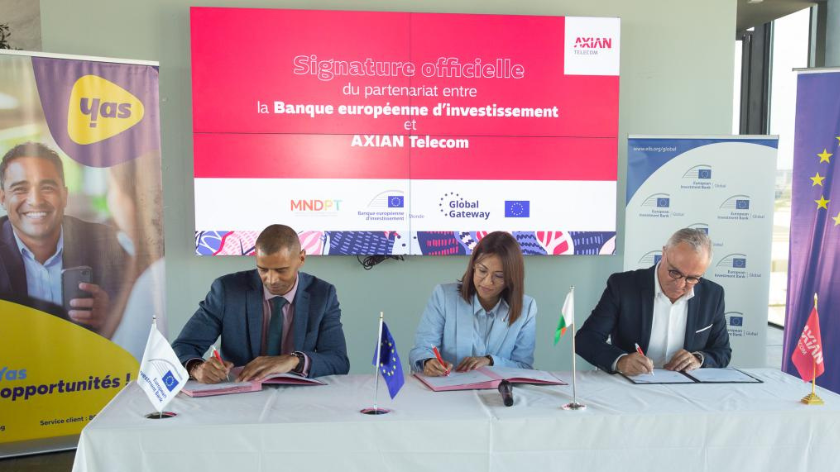The investment, backed by a European Commission budgetary guarantee under the EU's Global Gateway initiative, will support the expansion of 4G networks and continue the rollout of 5G coverage in both countries.
Tanzania will receive $60 million of the funding, while $40 million will be allocated to Madagascar.
“This new large-scale network investment will pave the way for socio-economic growth, digital inclusion, and better opportunities,” said Hassan Jaber, CEO of AXIAN Telecom.
AXIAN Telecom, which operates under the Yas brand in both countries, serves more than 44 million subscribers across nine Sub-Saharan African markets, with its primary operations in Tanzania, Madagascar, Senegal, Togo, and Comoros.
The operator has been expanding through acquisitions and network investments since 2015 and recently unified its mobile operations in five countries under its Yas brand.
Ambroise Fayolle, VP of the European Investment Bank, said the investment into digital connectivity in Tanzania and Madagascar “opens doors for education, business, healthcare and social inclusion”.
“The EU believes that in the area of connectivity, reinforcing public-private partnerships is crucial for a human-centric model of digital transformation to ensure that no one is left behind,” said Christine Grau, the bloc’s Ambassador to Tanzania.
The financing is the latest in the EU's Digital4Development initiative and contributes to the Global Gateway strategy for Africa, which aims to mobilise up to €150 billion by 2030 for physical and digital infrastructure development across the continent. By Ben Wodecki, Capacity Media







